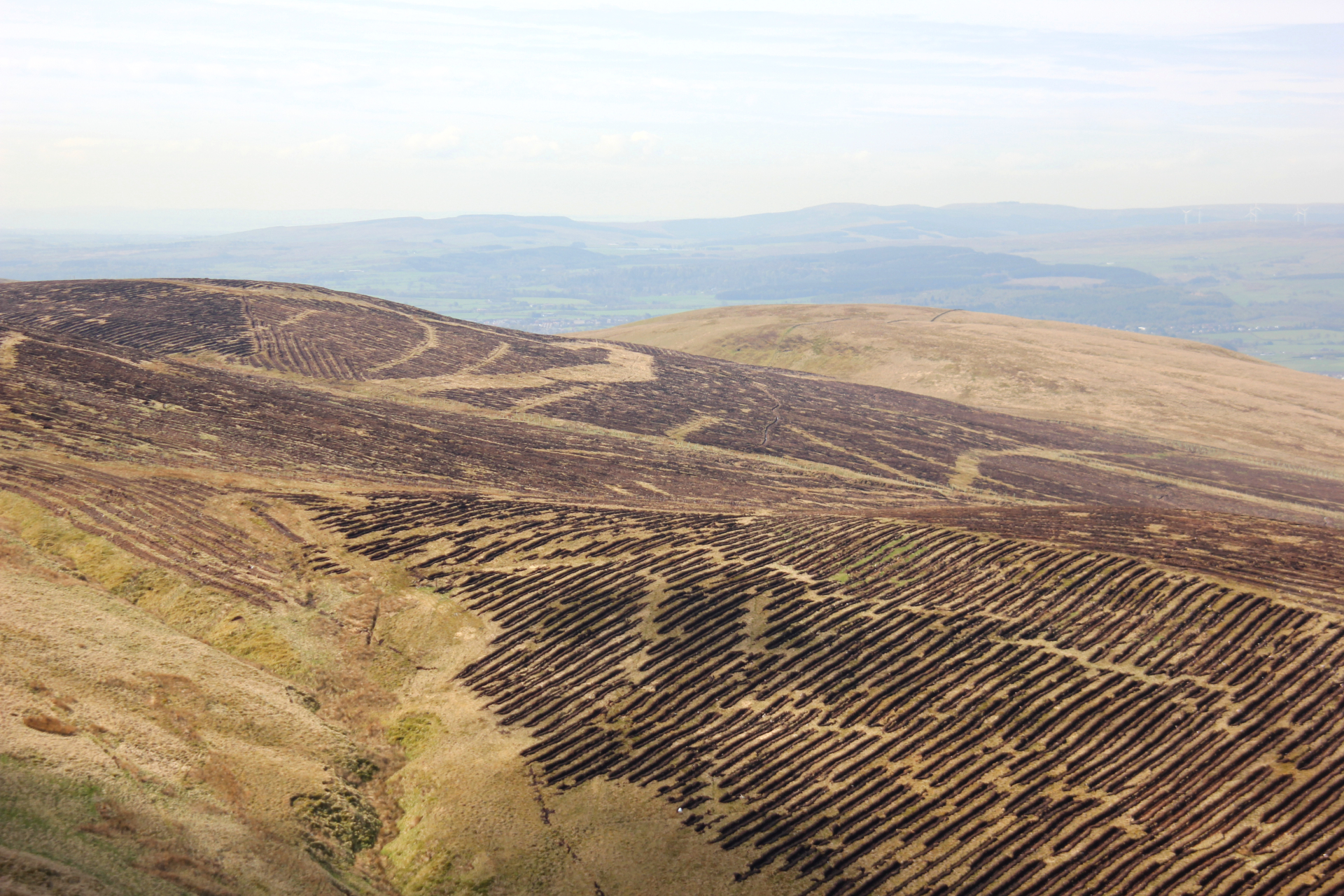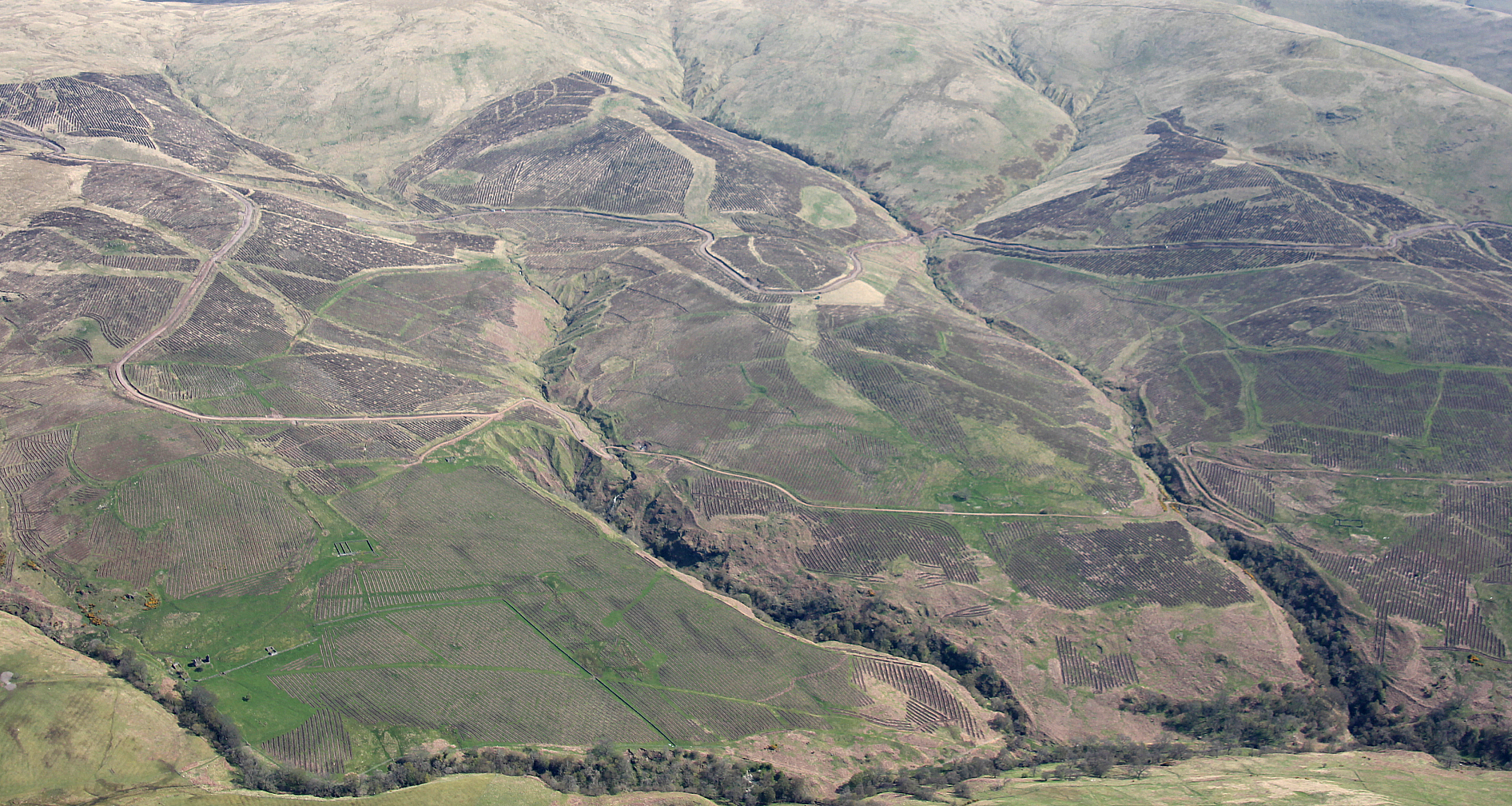Blog
Nature’s role in climate action: how Nature-based Solutions can combat floods and biodiversity loss

For Dr Martina Egedusevic, the increasing interest in nature-based solutions is great news. As she knows well, taking care of nature is crucial for so many reasons – from countering the effects of climate change to improving biodiversity and human health.
But in the rush to rewild, there’s a risk that these solutions are not rolled out in the right ways, rendering them less effective. Planting the wrong tree in the wrong habitat, for example, could even make things worse, reducing local biodiversity and increasing flood risk.
What are nature-based solutions and why are they important?
As their name suggests, Nature-based Solutions (NbS) are actions that protect, manage, or restore natural ecosystems with the aim of tackling societal problems – such as human health, climate change, and disaster risk. Crucially, they involve working in harmony with nature – as opposed to industrial materials and processes – to solve these problems.
When they’re implemented well, Nature-based Solutions can deliver impressive results, often with multiple benefits to communities, the environment and the economy.
Making the most of these benefits, says Martina, means considering more than just the solution in mind, but understanding whether it’s right for the landscape and whether you are building or planting the solution in the right way.
Martina’s work, for example, harnesses nature-based solutions to reduce flood risks – a process which often delivers huge benefits, reducing the strain on health and finances for local people, as well as the economic costs of damage and emergency response. This stems from her PhD research at Heriot-Watt University in Edinburgh, where she specialised in developing natural flood defences for a small Scottish catchment.

How does this work in practice?
Set at the bottom of the Ochil Hills, Menstrie village was prone to devastating, frequent floods. Every other year, in late summer, the steep hills would carry vast amounts of water downstream, flooding the town. Despite building traditional flood defences (such as high concrete walls), the sheer pressure would overwhelm them, making nature-based solutions the only viable option.
This led to Martina working with the local Clackmannanshire council, Forest Research and Tillhill Forestry in 2016, to measure the impact of planting new cedar forests in the Menstrie catchment. Here, she made some impressive discoveries.
First, as the seedling trees were planted, the plough lines made an instant impact on the flood risk, by creating channels and tiny reservoirs in the earth’s soil that would hold rainwater as it fell. This is similar to the effect that trees have on soil throughout their lifecycle, creating patterns and troughs in the earth’s surface that optimise the amount of water stored – an effect that NbS experts can maximise.
Then, as the trees grew, they became like nature’s umbrellas, holding rainwater in their leaves, branches, and trunks. In times of high rainfall, this significantly reduces the flow of water downstream, again causing the risk of flooding to drop off.
The results were outstanding. Since the four-year project finished in 2020, Menstrie village has not seen a single flood.

Next steps: Why does the UK need nature-based solutions?
In the UK right now, there are several reasons to pursue nature-based solutions. Our biodiversity is in decline, with one of the lowest levels in Europe and the Western world and new BNG legislation to address it. Rising temperatures will bring more extreme weather events, with floods and droughts that NbS can help mitigate. And to meet the government’s ambitious new climate targets, it will be crucial to create and regenerate the peatlands, wetlands and forests that can store carbon.
With planning and infrastructure dating back to the 70s and 80s, it’s essential to update our urban and rural landscapes in line with the latest thinking on climate and biodiversity.
Nature-based solutions are a powerful way to do that. But getting them right requires working with best practice – which means working with the latest evidence, techniques, and knowledge in this fast-growing field.
That’s where the University of Exeter can help. Home to some of the UK’s foremost nature and biodiversity experts and partnerships with the National Trust, Met Office and Natural England, we can work with you to provide ‘natural capital assessments’ that value your landscapes in economic terms. We can help you identify – and implement – the right nature-based solutions for your aims. We can make sure your action plans benefit from the latest research and examples of what works, so they deliver for your organisation, for people, and for nature.
Related
Exeter Innovation
We are the trusted partner in transformative innovation, empowering organisations across the globe to make ecologically responsible decisions – for today and for future generations.









